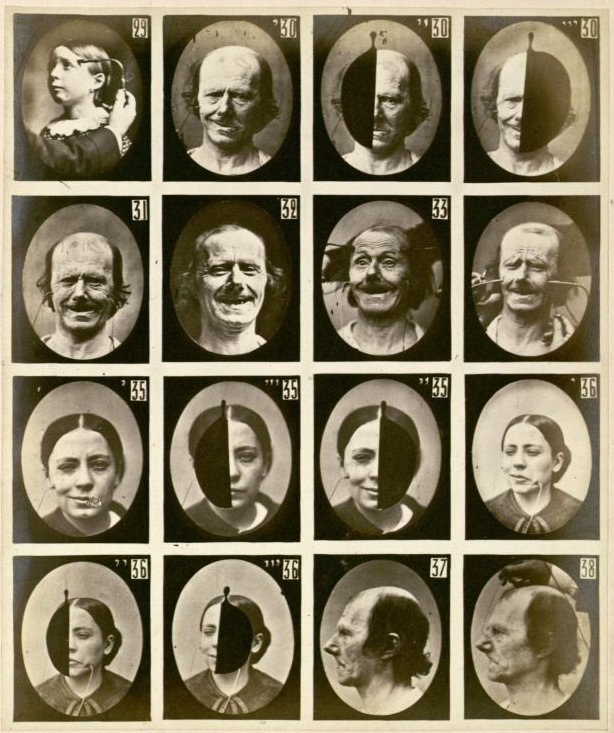Sent to you via Google Reader
This Is Your Brain on Comedy
The laugh track as cultural currency, or what David Letterman has to do with the dopamine circuit.
 "At the height of laughter, the universe is flung into a kaleidoscope of new possibilities," author and philosopher Jean Houston once said, and Walt Disney famously called laughter "America's most important export." But what exactly is humor, and why does it have such a profound effect on us? In this talk from TEDxRainier, comedian Chris Bliss — whose writing credits include The Tonight Show and The Late Show with David Letterman — explores the sociology and neuroscience of humor, the alchemy of laughter, and why honesty and integrity are at the heart of good comedy, using a handful of Pretty Damn Good jokes to illustrate these insights along the way.
"At the height of laughter, the universe is flung into a kaleidoscope of new possibilities," author and philosopher Jean Houston once said, and Walt Disney famously called laughter "America's most important export." But what exactly is humor, and why does it have such a profound effect on us? In this talk from TEDxRainier, comedian Chris Bliss — whose writing credits include The Tonight Show and The Late Show with David Letterman — explores the sociology and neuroscience of humor, the alchemy of laughter, and why honesty and integrity are at the heart of good comedy, using a handful of Pretty Damn Good jokes to illustrate these insights along the way.
I want to talk [about] the unique power the best comedy and satire has in circumventing our engrained perspectives — comedy as the philosopher's stone that takes the base metal of our conventional wisdom and transforms it, through ridicule, into a different way of seeing, and ultimately being, in the world… It is about communication that doesn't just produce greater understanding within the individual, but leads to real change… communication that manages to speak to and expand our concept of self-interest."
For more on the psychology and philosophy of comedy, see John Morreall's Comic Relief: A Comprehensive Philosophy of Humor and Robert Provine's Laughter: A Scientific Investigation. And for a related TED talk, see Ron Gutman on the science of smiles.
Thanks, Phil

No comments:
Post a Comment